Round Up, The (1966)
“You’re lying — both of you. Both of you should be hanged.”
|
Synopsis: |
|
Genres, Themes, Actors, and Directors:
Review: … but will his efforts succeed? And if so, then what? There are really no good solutions. Eventually we watch another pair of men in a similarly no-win situation, being forced to identify an infamous outlaw named Sandor — will they? Can they? Suffice it to say that this film gives very little hope for the future of humanity, given the banality of evil that’s on ample display. Visually speaking, the film is always interesting: … but given that we’re watching torture and betrayal of one kind or another for 90 minutes, it’s decidedly draining. Notable Performances, Qualities, and Moments: Must See? Links: |
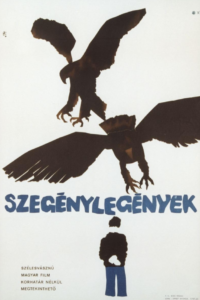
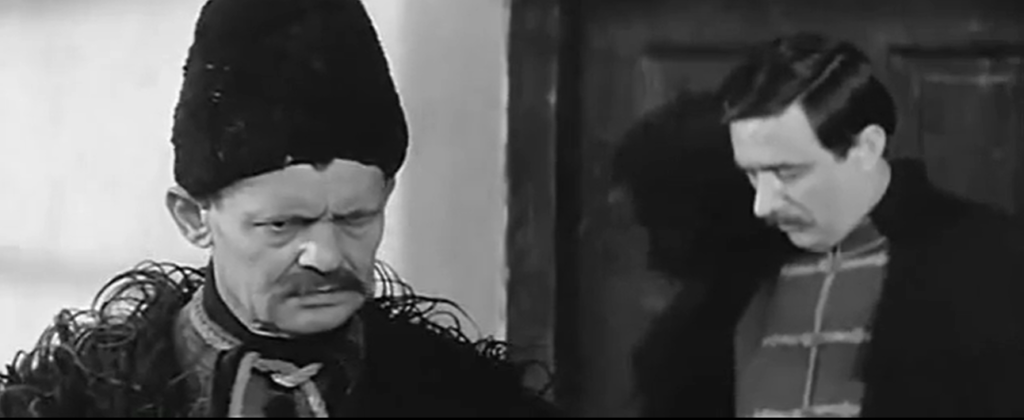
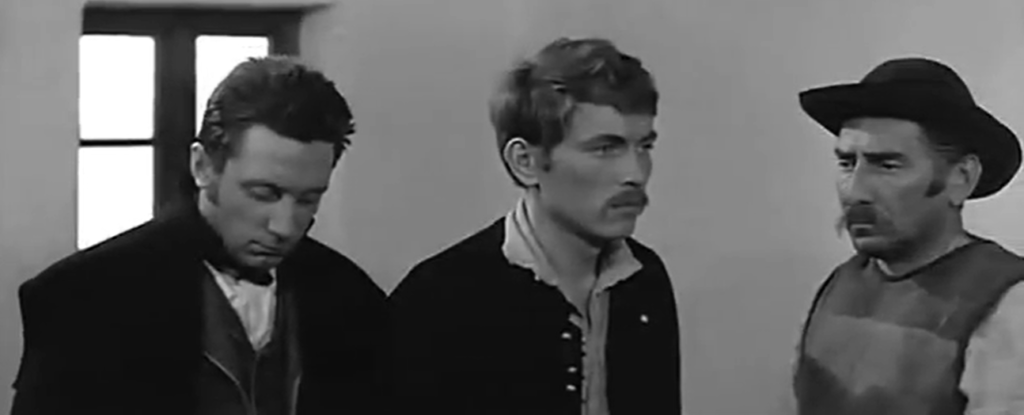
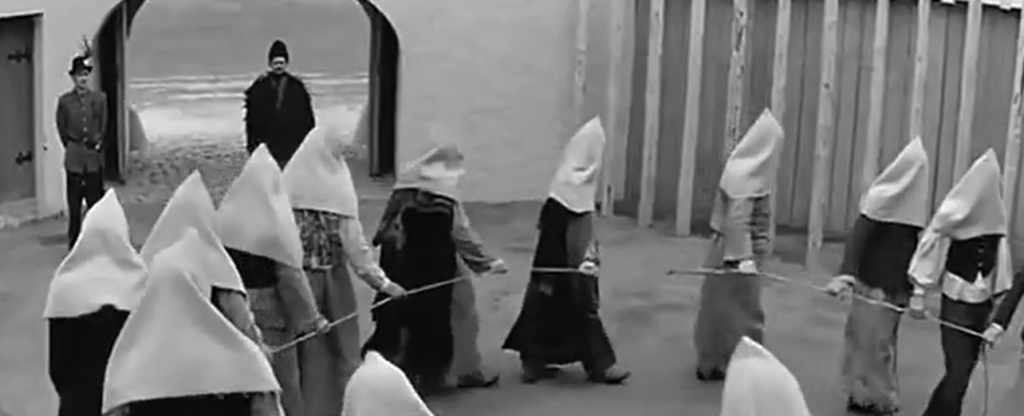
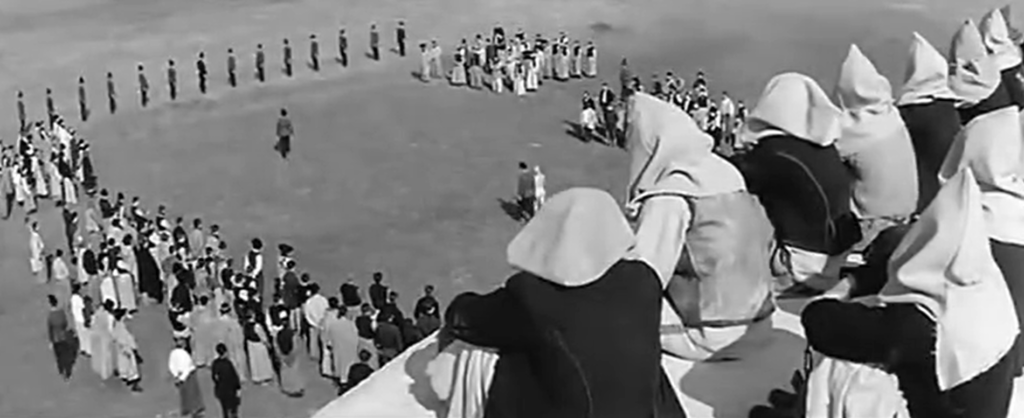
One thought on “Round Up, The (1966)”
First viewing (10/11/21). A once-must, as a unique political film and one of the best flicks to come out of Hungary.
Here in the States, we rarely get to see Hungarian films. I’ve no idea how big the film industry is in Hungary or the percentage of their films that are accessible to western audiences. But this is one that ffs should experience.
The film opens with a very concise overview of the political situation that forms the 1860s background. We learn only the basics that will allow us easier access to what’s about to unfold. A particular specific – the fact that an elusive, mysterious revolution leader by the name of Sandor is being sought – is kept from us. We will soon figure that out as we go along.
How truthful the film is to the actual conflict aftermath (i.e., the possibility of revisionist history) is irrelevant since the behavior on the parts of both the prisoners and the guards makes absolute sense.
I watched the film twice – mainly because I found it so powerful the first time, but also because there are certain complexities in it that are better illuminated by way of a second viewing.
One can’t deny the craft involved in both the tricky and detailed script as well as the flawless direction and the stark, expressive photography. (I was put in mind of not only the director Jancsó’s heir apparent Bela Tarr but also the spartan, ascetic feel of Michael Handke’s ‘The White Ribbon’.)
This film was made under the watchful eye of the Communist Party of the Soviet Union – but it seems the filmmakers gained artistic freedom from the fact that they were criticizing Austria, not Russia.
This is a haunting viewing experience and simply an excellent film.